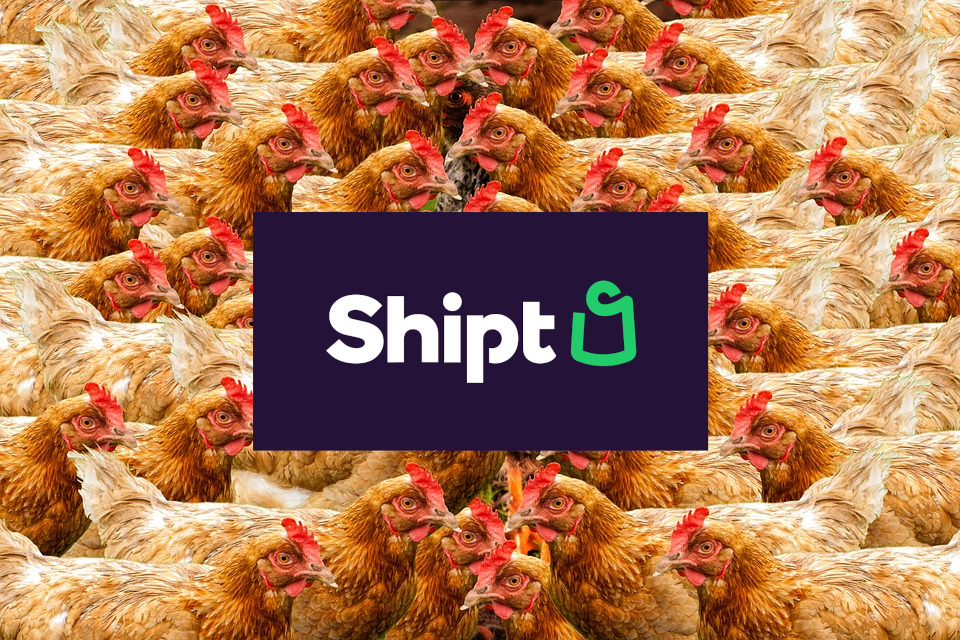onezero.medium.com/my-bizarre-sti…
2/
3/
The median human buys one or fewer fridges in their life. Targeting fridge buyers is hard. The traditional method is stuff like billboards near airports.
4/
It's not very effective. Almost no one who sees the ad buys a fridge. It's like a 0.000000001% conversion rate.
5/
6/
This works for any hard-to-locate trait: want to find people who believe gender is a spectrum?
That's there.
7/
8/
9/
10/
* Big Tech doesn't make people receptive to your message
* Big Tech finds people who are receptive
11/
12/
13/
14/
15/
16/
17/
18/
19/
marthastewart.com/1531369/myster…
20/
21/
22/
Image:
Rion, modified
en.wikipedia.org/wiki/File:Sock…
CC BY
creativecommons.org/licenses/by/3.…
eof/






